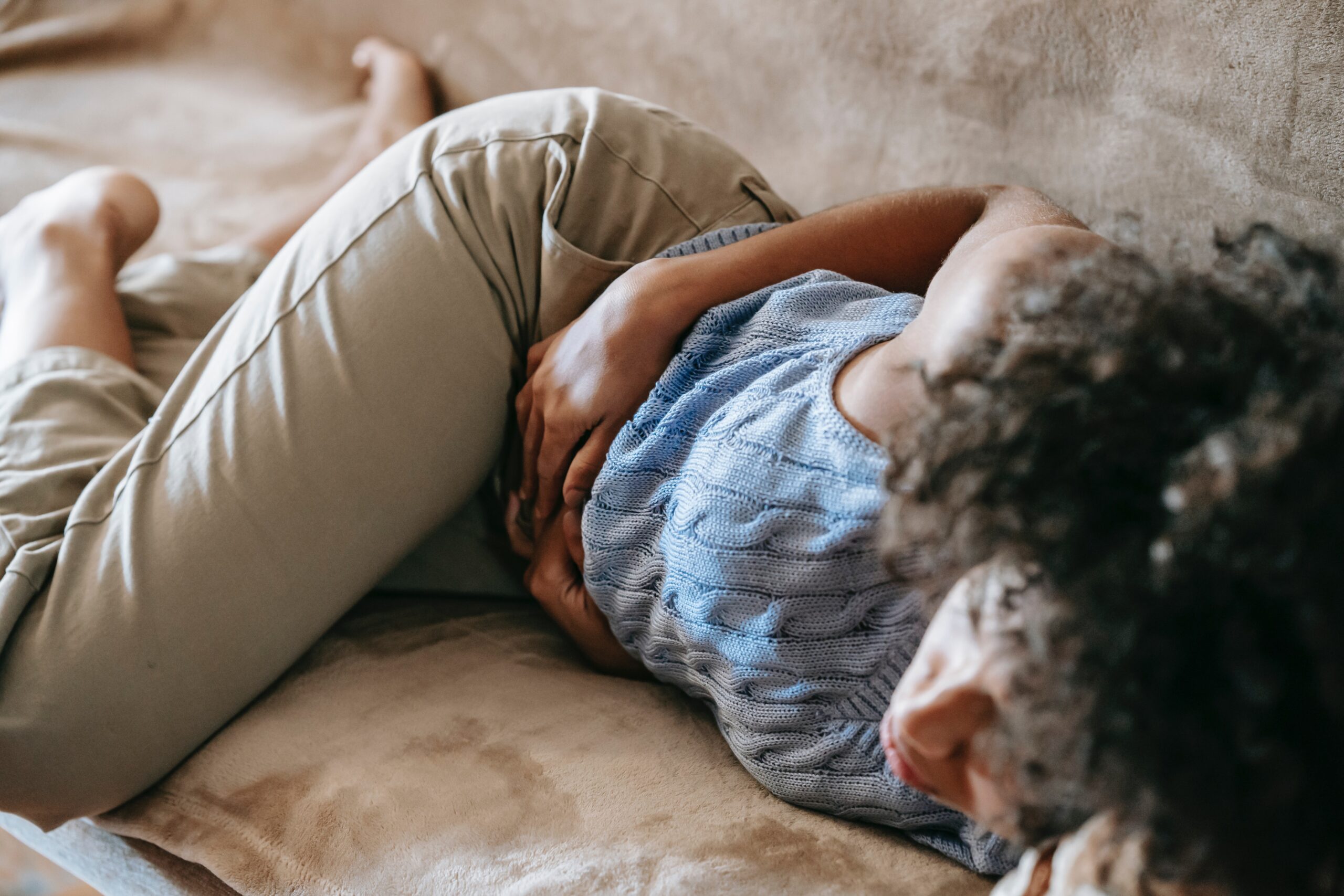How to Avoid Food Poisoning


Is there anything worse than being in distress because you’re vomiting, dehydrated and battling explosive diarrhoea? Maybe there are worse things, but those feelings are not pleasant.
These feelings could be brought upon by food poisoning, which happens when you eat germ-infested food. They can hit you a few hours or a day later after eating infected food. It could be mild and pass, or it could be so severe you have to see a doctor. That is usually the case when you have a fever, see blood in your stool, or cannot keep food and drink down.
A large number of bacteria, viruses and parasites can cause food poisoning. They could be present in raw, packaged, cooked or stored food.
But there are certain foods more likely to keep harmful germs. They include raw eggs, unprocessed milk and juice, raw/undercooked meat or seafood. Unclean hands and cooking utensils could also increase your risk of having food poisoning.
So if you are the type who enjoys street food, you should be mindful of the food vendors you patronise. Ensure their cooking area and practices are hygienic.
There are higher chances of getting food poisoning when the weather is hot. Food spoils quickly, and leaving food in a flask for hours could make it unsafe for consumption.
Most times, you can’t tell what caused your food poisoning; it could be the Kunu Aya you had in the morning or the Moi Moi you had for lunch. But the common bacteria that causes food poisoning is Salmonella. They are a group of bacteria grown in undercooked eggs and meat. They can also be found in unprocessed milk or cheese. Symptoms from consuming Salmonella infested start within 1-3 days.
Norovirus is another group of bacteria that causes food poisoning. It causes stomach problems and is a foodborne illness; you can contract it from eating contaminated food and touching doorknobs and other surfaces or being around another infected person.
Food poisoning, as earlier stated, could be mild and pass after hours of discomfort or require you to see a doctor, but in extreme cases, it could result in death.
To avoid food poisoning, try to avoid raw seafood if that’s something you enjoy.
Boil your eggs properly, do not consume partly cooked eggs or raw eggs. Cool your eggs until the yolk is hard.
Wash and cook vegetables properly.
Keep your hands clean, and always carry a hand sanitiser with you.
Wash your cooking utensils properly.
If you go out to eat, make sure the restaurant/bukka has an excellent sanitary condition.
Try not to patronise roadside food vendors whose cooking conditions you are not sure is hygienic.
Maintaining healthy practices will save you a lot of money and make living more enjoyable.
